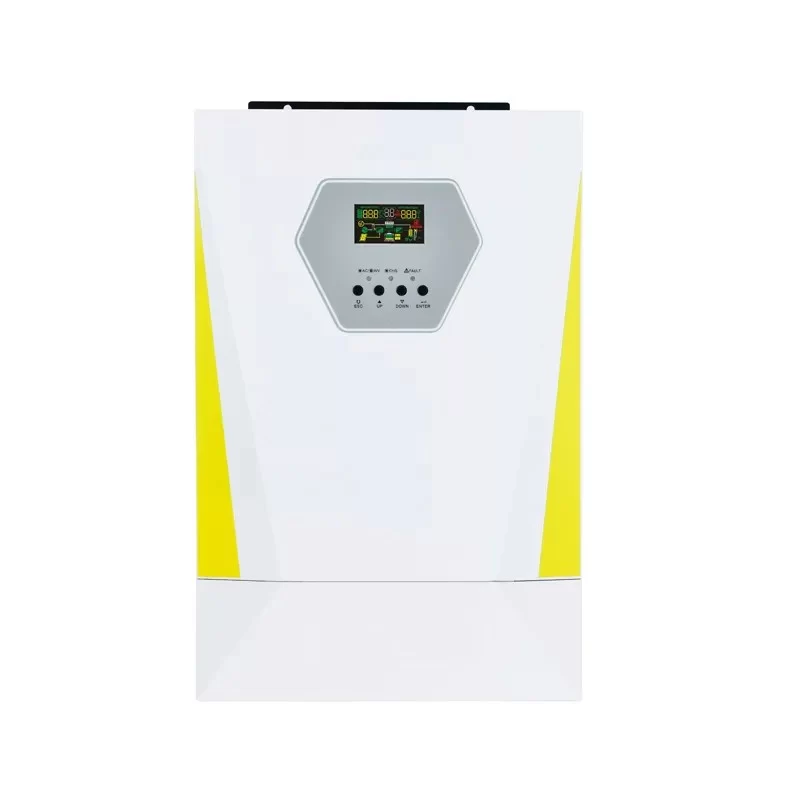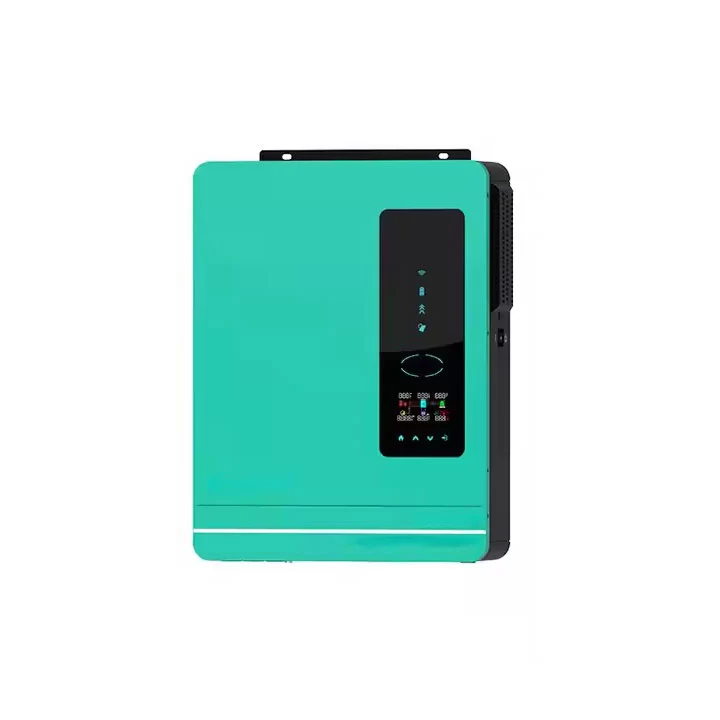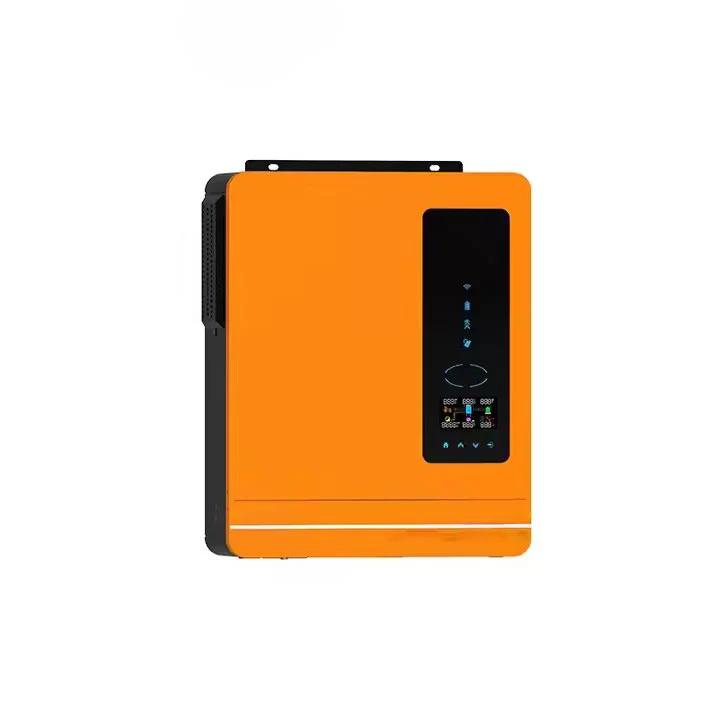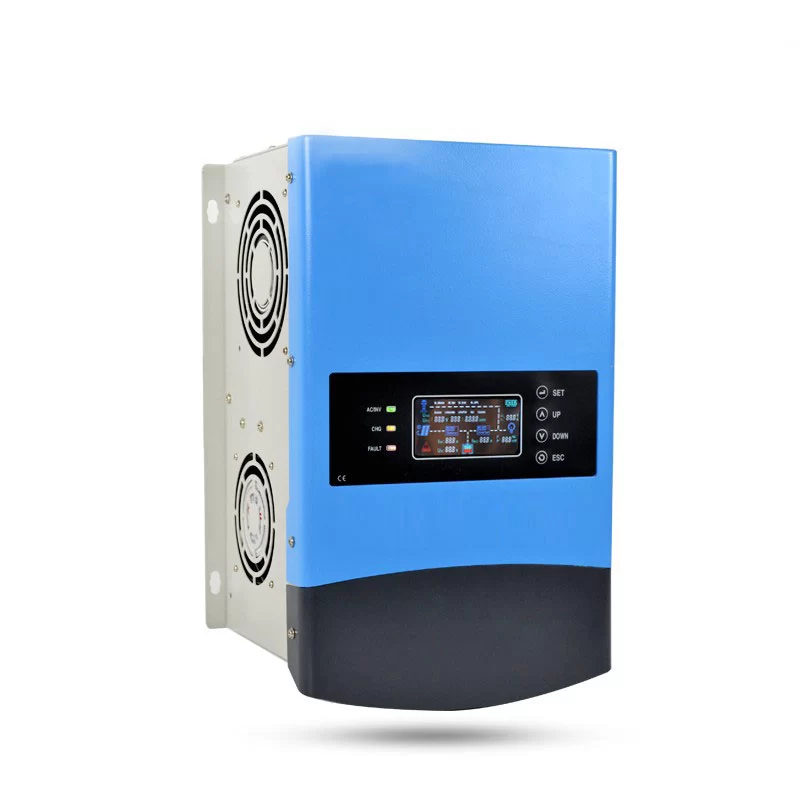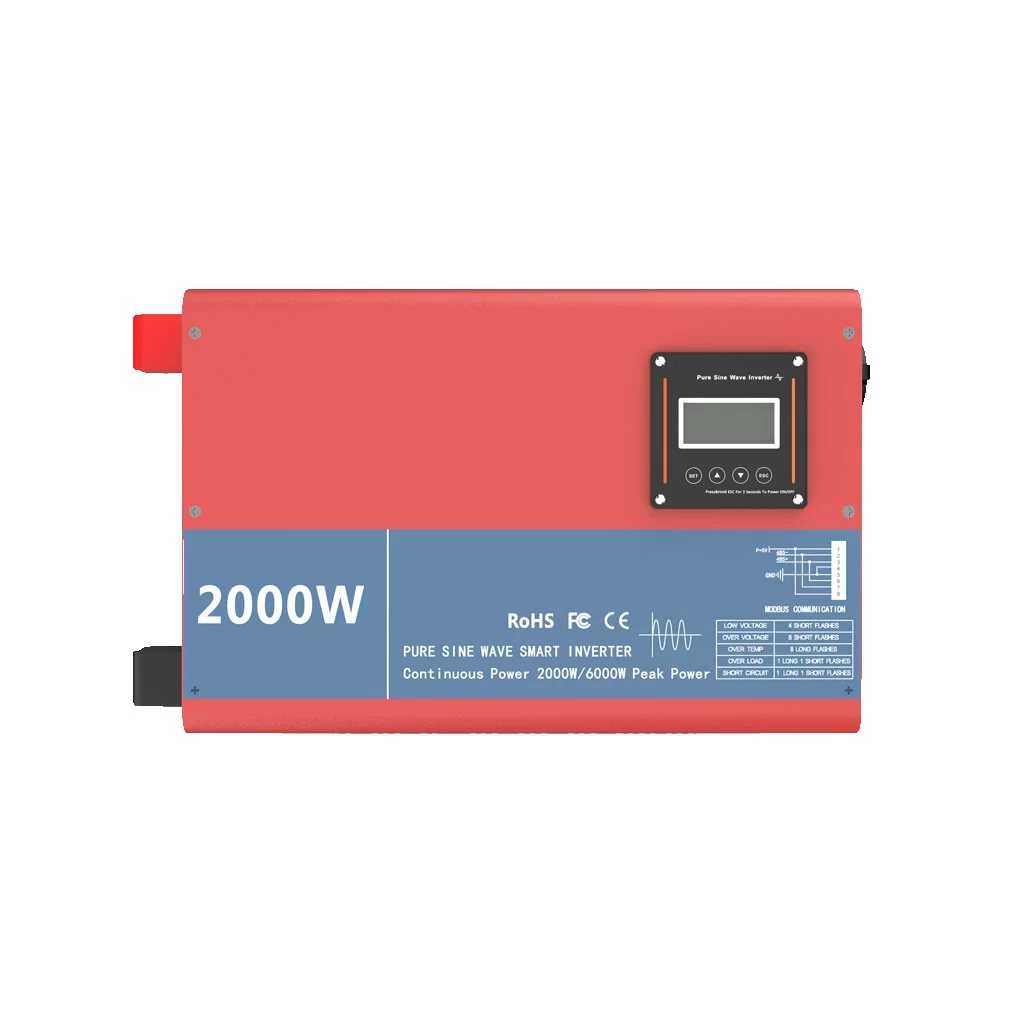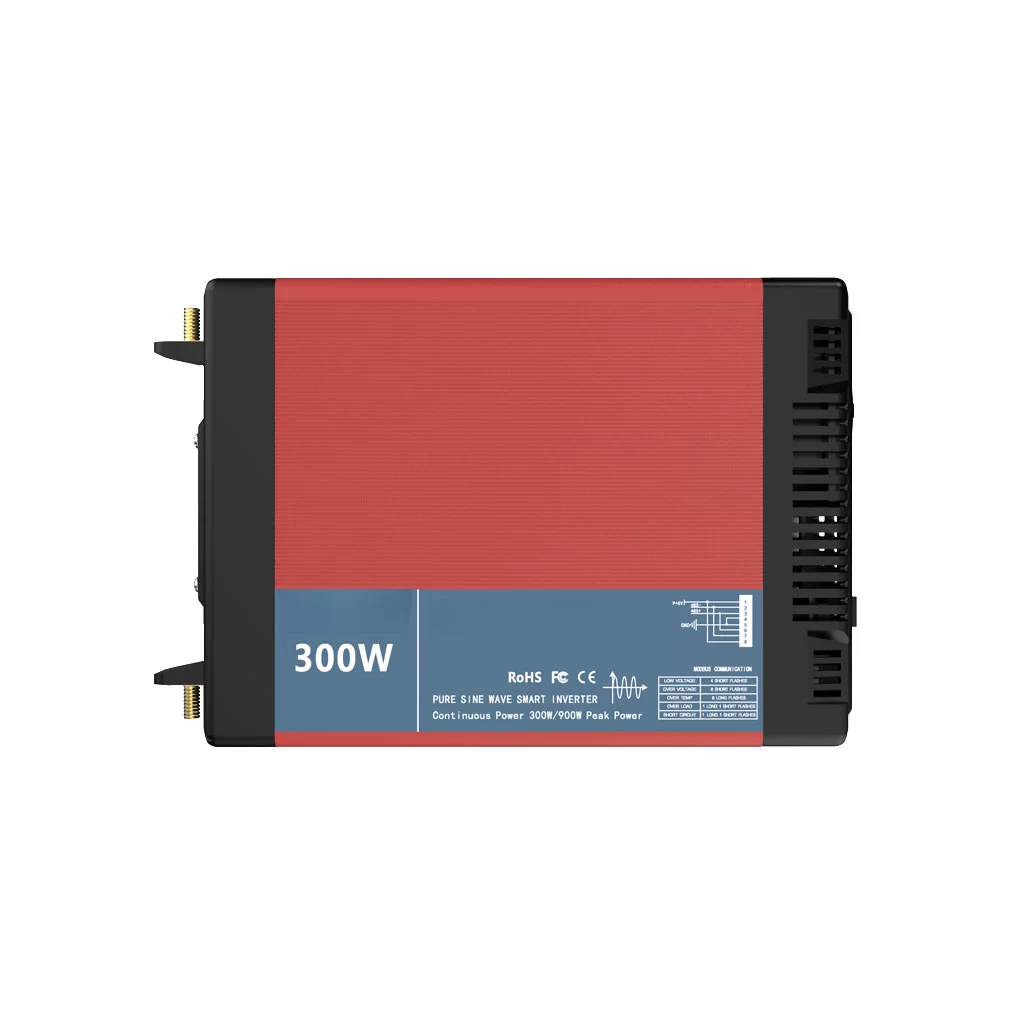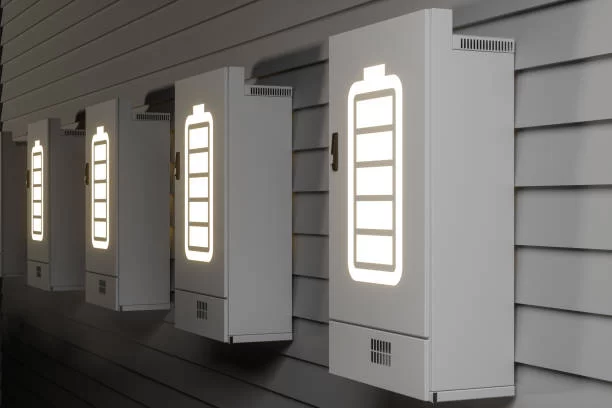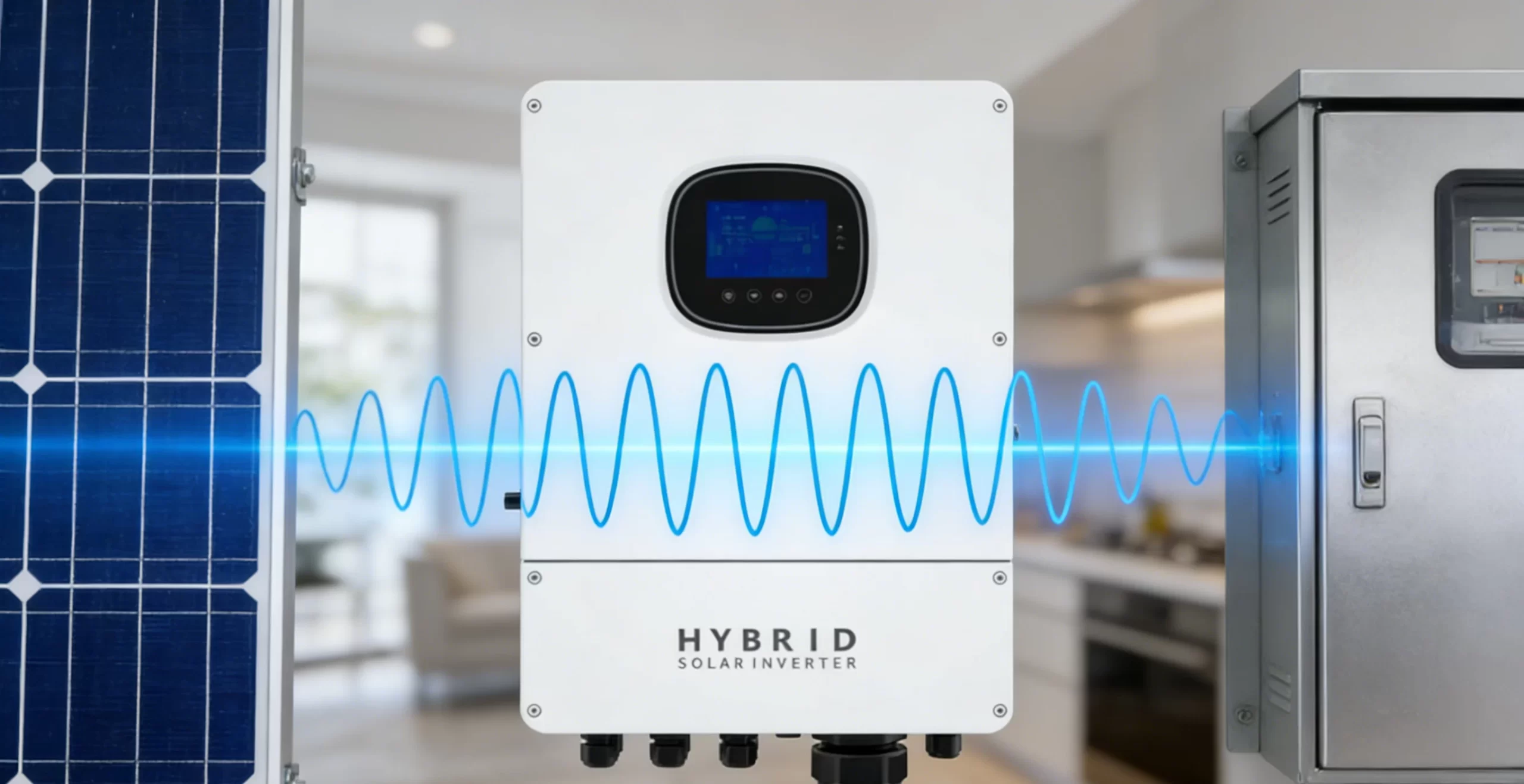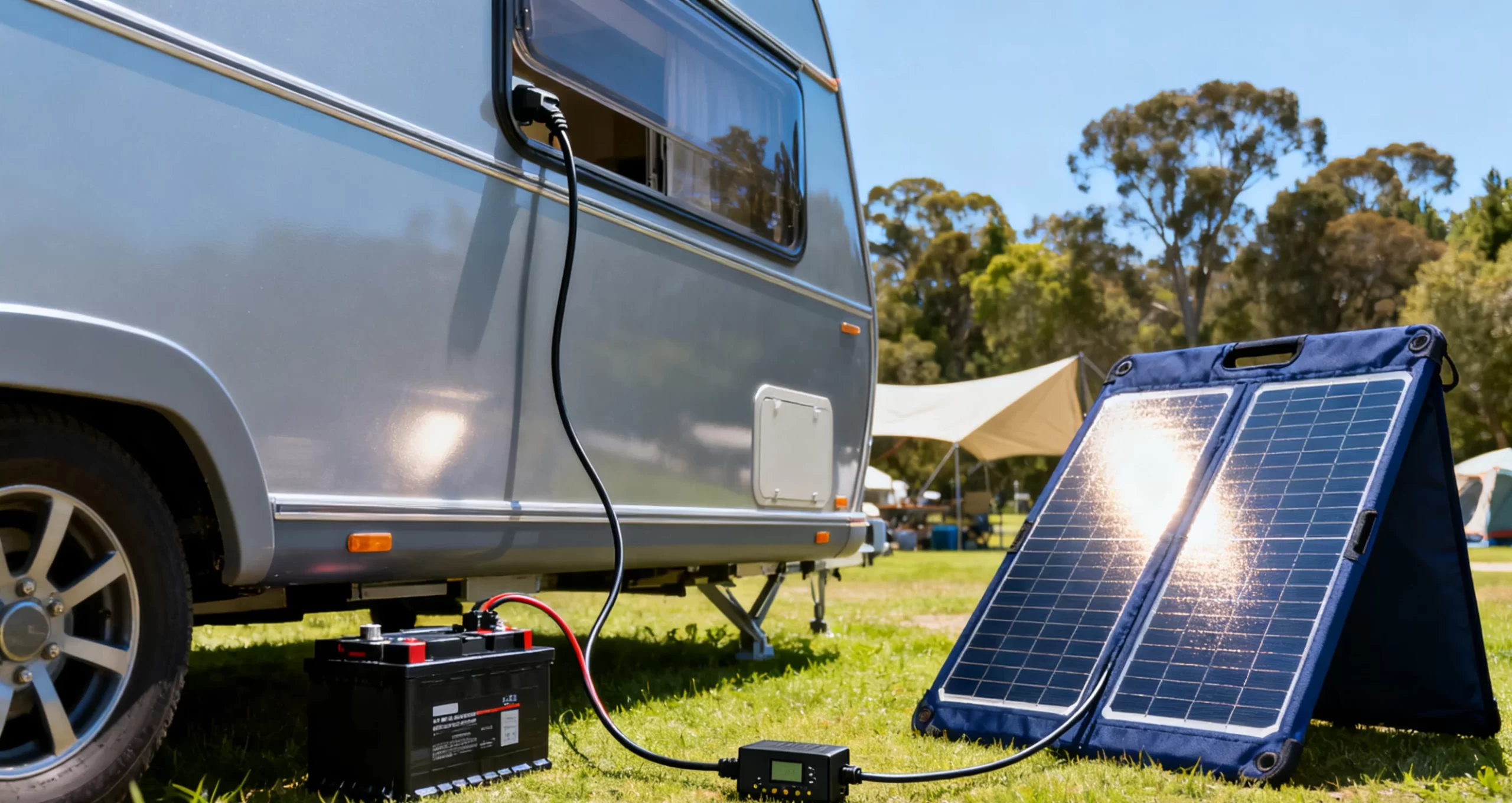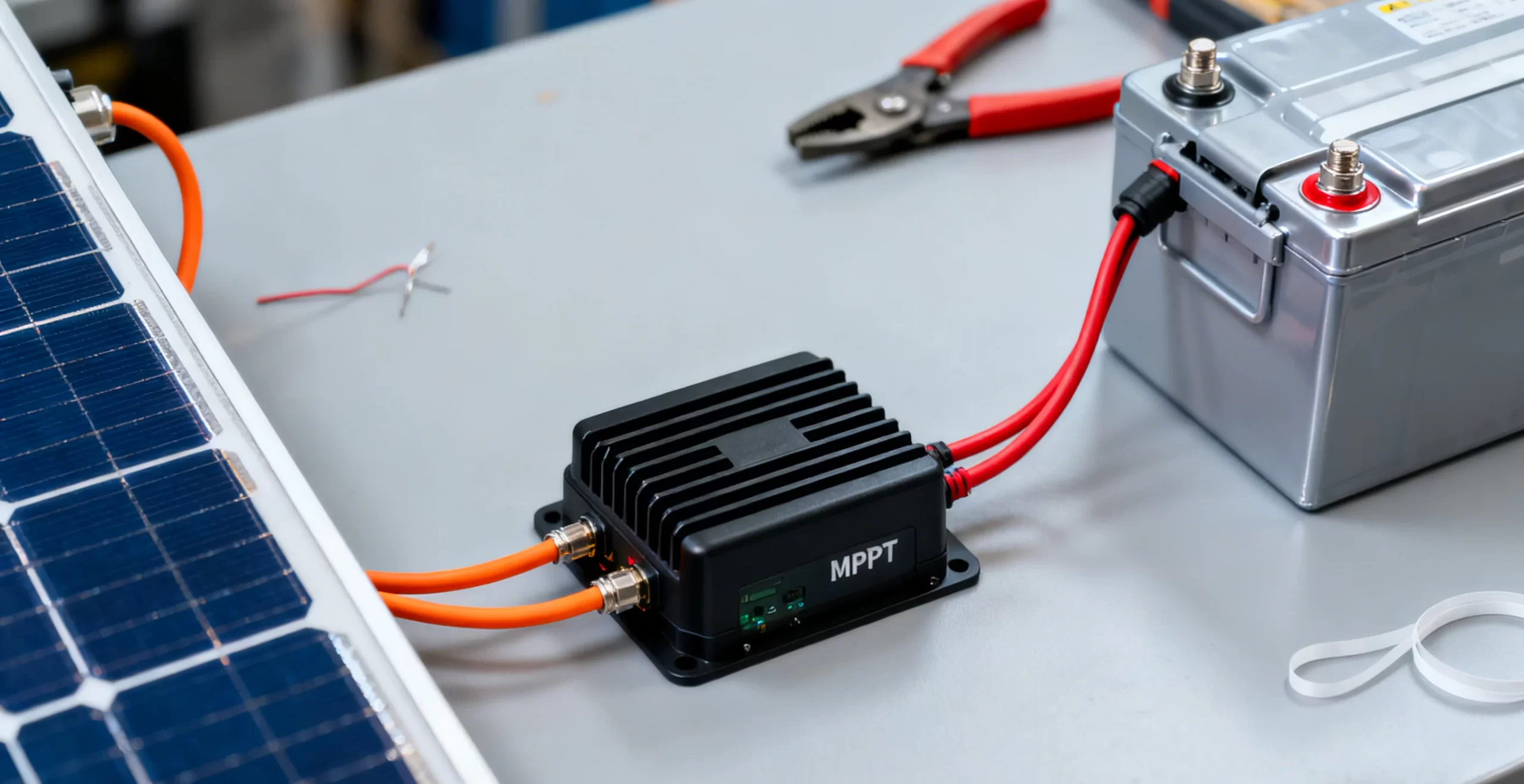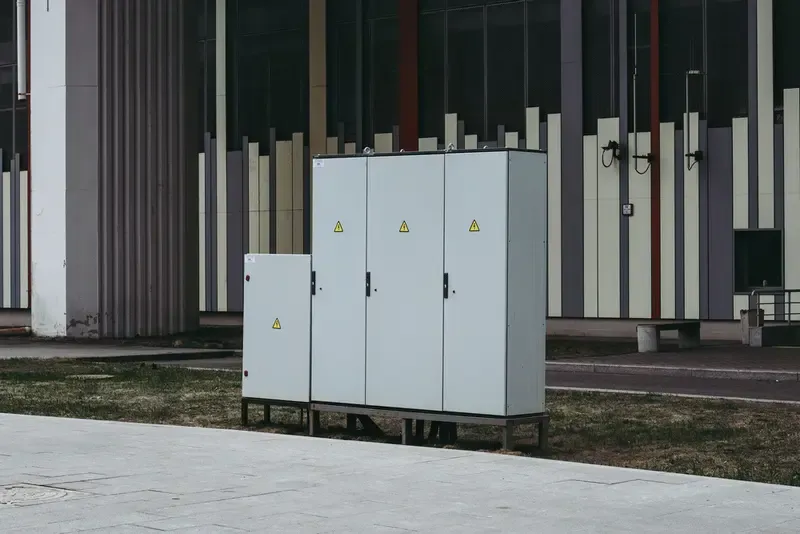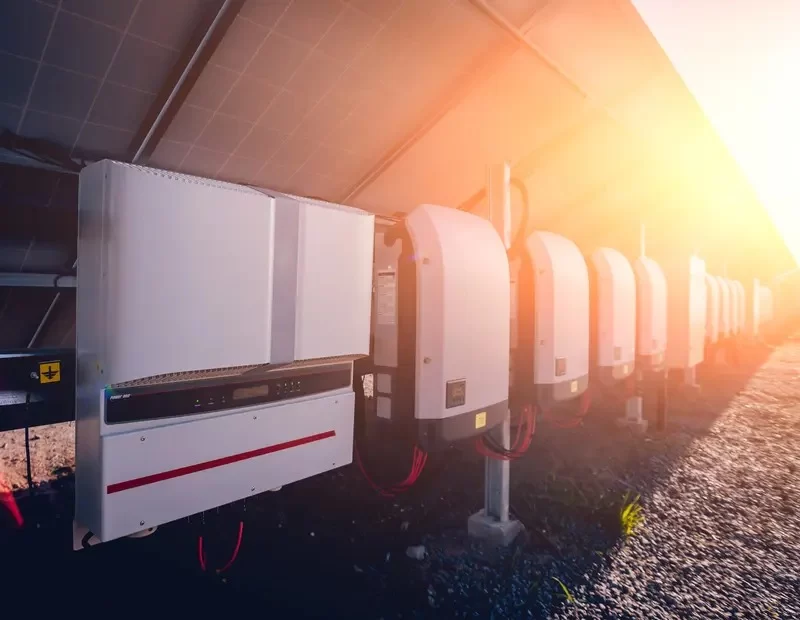- tel:+86-13651638099
- Email: [email protected]
- Official website: www.hj-net.com
- Address: 333 Fengcun Road, Fengxian District, Shanghai
Get A Quote Now!
Can a Power Bank Power a House?
Power banks have become essential devices for keeping our mobile gadgets charged on the go. However, the question arises whether these portable battery packs can power something as significant as a house. To answer this, we need to delve into the capabilities of power banks and the energy requirements of a typical household.
Understanding Power Banks
- Definition and Purpose:A power bank is a portable device designed to store electrical energy and deliver it to other devices, primarily for charging smartphones, tablets, and sometimes laptops. They are compact, lightweight, and typically have USB ports for easy connectivity.
- Capacity:Power bank capacity is measured in milliampere-hours (mAh) or watt-hours (Wh). The average power bank has a capacity ranging from 5,000mAh to 30,000mAh, translating to about 18Wh to 100Wh. High-capacity power banks can go up to 200Wh, but these are still relatively low compared to the energy needs of a household.
- Output:The power output of a power bank is generally limited to 5V (for USB ports) and sometimes higher for specific models that support laptop charging (e.g., 19V or 20V). The maximum current output is typically around 2A to 3A per port, which is sufficient for charging small devices but inadequate for high-power household appliances.
Household Energy Requirements
- Daily Consumption:A typical household consumes several kilowatt-hours (kWh) of energy per day. According to the U.S. Energy Information Administration, the average U.S. home used about 877 kWh per month in 2019, equating to roughly 29 kWh per day.
- Power Demands:Household appliances such as refrigerators, air conditioners, heaters, and washing machines require significant power. For example:
- Refrigerator:100-800W
- Air Conditioner:1,000-5,000W
- Heater:750-1,500W
- Washing Machine:500-1,500W
- Voltage and Current:Household power systems operate on alternating current (AC) at 110V or 220V, depending on the country, and require substantial current (amperage) to function efficiently.
Feasibility of Powering a House with a Power Bank
- Insufficient Capacity:Given the limited capacity of even the highest-capacity power banks (up to 200Wh), they are incapable of meeting the daily energy needs of a household, which can be thousands of watt-hours.
- Inadequate Output:Power banks are designed for low-power DC devices and cannot provide the high-voltage AC power required by household appliances. Additionally, they lack the necessary current output to run high-power devices continuously.
- Battery Life and Efficiency:Even if multiple high-capacity power banks were used, their cumulative capacity would still fall short. Furthermore, the efficiency of converting stored DC power to AC for household use would result in significant energy losses.
Alternative Solutions
While power banks are not suitable for powering a house, there are alternative solutions for home energy storage and backup:
- Home Battery Systems:Large-scale battery systems like the Tesla Powerwall, LG Chem RESU, and others are designed specifically for home energy storage. These systems can store several kilowatt-hours of energy and are capable of powering household appliances.
- Solar Battery Systems:Solar energy systems with integrated battery storage can harness solar power during the day and store excess energy for nighttime use, providing a sustainable and renewable energy solution for homes.
- Generators:For backup power during outages, portable and standby generators can provide sufficient power to run essential household appliances.
Conclusion
In summary, power banks are not designed to power a house due to their limited capacity, low output, and inability to provide high-voltage AC power. For home energy needs, more robust solutions like home battery systems, solar energy storage, and generators are required. These alternatives are capable of meeting the substantial power demands of a household and providing reliable energy solutions.
Explore robust home energy solutions beyond power banks to meet your household needs. Discover more

